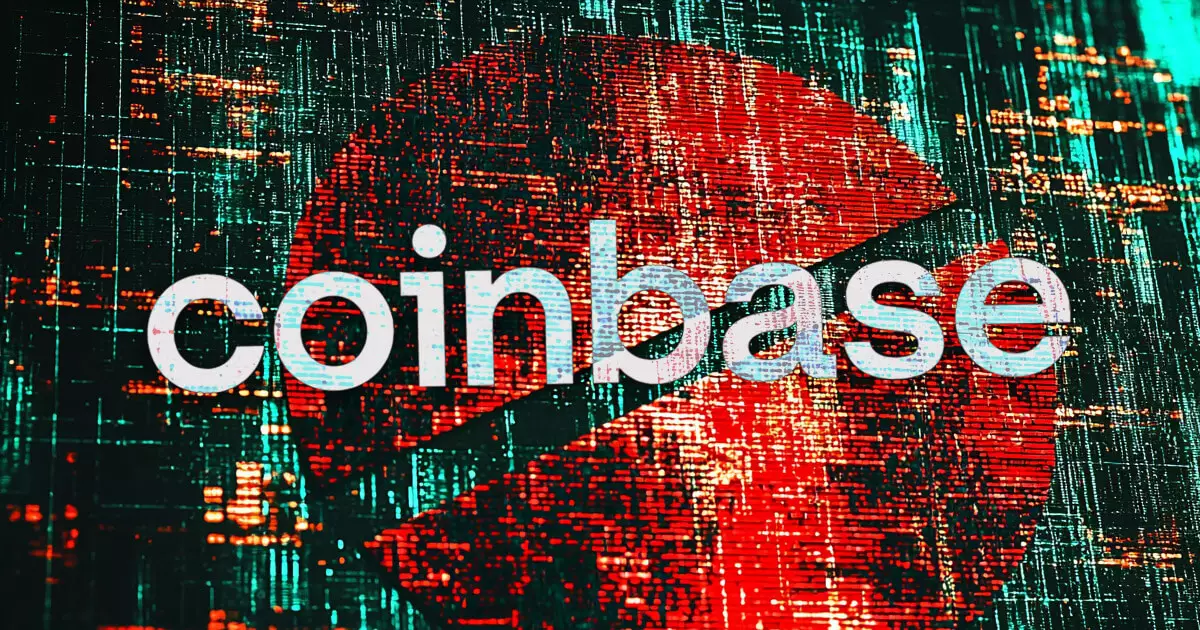In recent years, Virtual Private Networks (VPNs) have gained immense traction among internet users, offering an additional layer of privacy and security. According to recent statistics, nearly 95% of American adults are familiar with VPN technology, and around 46% actively use these services, translating to approximately 105 million individuals. With this increase in adoption, VPNs have become an essential tool for those seeking to safeguard their online activities from prying eyes, including hackers, governments, and Internet Service Providers (ISPs). However, the surfacing of controversial policies from leading platforms—most notably Coinbase—has ignited fervent discussions within the cryptocurrency community.
On December 2, Scott Shapiro, a product designer at Coinbase, issued a cautionary statement urging users to refrain from accessing their accounts through VPNs. His reasoning? Coinbase’s risk assessment framework perceives VPN usage as a potential indicator of malicious intent. By framing VPNs as a tool often utilized by attackers, Coinbase risks alienating legitimate users who view these services as a fundamental right to privacy. The implication is clear: legitimate users might be caught in a web of suspicion simply for prioritizing their online security.
While the intent behind such a policy may be to enhance security and reduce fraudulent activities, its execution is fraught with implications that can lead to loss of trust among users. The dialogue initiated by Shapiro reflects a recurring tension in the cryptocurrency space: balancing security concerns with users’ rights to privacy.
The response from the crypto community has been swift and critical. Many users feel that restricting VPN access is akin to encroaching upon their rights, particularly in regions where using such technology is essential for personal safety. Critics, including Kraken’s Chief Security Officer Nick Percoco, argue that VPNs serve as crucial safety nets for crypto users who may be under threat due to their financial activities. They advocate for a reevaluation of Coinbase’s stance, emphasizing that the right to privacy should not be sacrificed in the name of fraud prevention.
Security expert Sudo echoed similar sentiments, calling Coinbase’s decision misguided. He contended that by treating VPN usage as a marker of risk, Coinbase is essentially penalizing users for exercising their right to privacy and safety. The dichotomy between user rights and operational security protocols becomes apparent here—it raises a thought-provoking question: should a platform prioritize safeguarding its ecosystem at the expense of its community’s basic freedoms?
The irony of Coinbase’s position becomes evident when one considers its previous advocacy for privacy tools. The company recently celebrated a legal victory regarding Tornado Cash, a privacy solution prominent within the crypto space. If Coinbase champions the rights of users seeking to retain privacy in one context, its contradictory stance on VPNs raises questions about the consistency of its principles. This inconsistency may further fuel skepticism among users regarding the company’s commitment to privacy.
Critics like Evan Van Ness provide a counterpoint to the backlash, framing Coinbase’s posture as a necessary evil in the pursuit of security. He posits that fraudsters often exploit VPNs, which complicates the landscape for platforms striving to prevent illicit activities. Van Ness acknowledges that legitimate users may need to disable their VPNs for specific actions on Coinbase, recognizing the inherent trade-offs that can arise between personal privacy and security measures.
However, as cryptocurrency rapidly evolves, the bar for user experience and trust must equally progress. This situation underscores an essential reality: as users become increasingly aware of their rights and the tools at their disposal, platforms need to foster a dialogue rather than impose limitations. Balancing security measures with the essential freedoms of its user base is the crux of maintaining trust in an industry built on transparency and decentralization.
Coinbase stands at a crossroads of operational integrity and user rights amidst the ongoing VPN debate. As the cryptocurrency landscape continues to mature, the responsibility lies with exchange platforms to evolve their risk assessment paradigms—challenging outdated notions while cultivating an environment of safety, trust, and respect for user agency. Only by embracing a philosophy that prioritizes dialogue and adaptation can cryptocurrency exchanges like Coinbase hope to maintain their relevance and loyalty among a discerning user base.

